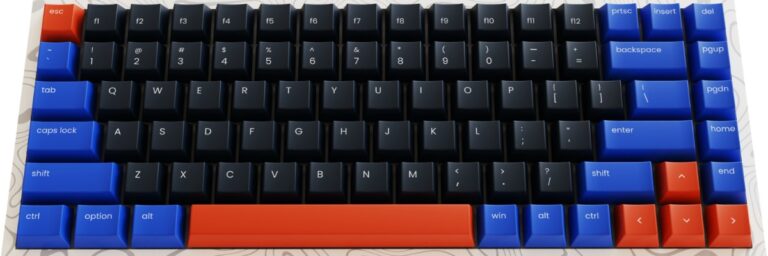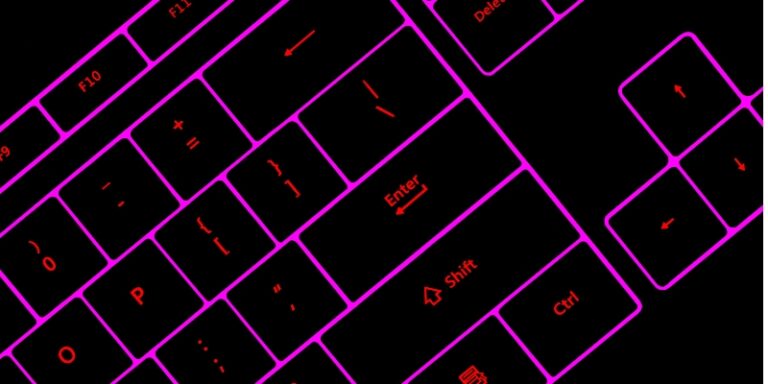In the world of music, the keyboard piano stands as a timeless instrument that bridges the gap between classical melodies and modern compositions. Whether you’re an aspiring virtuoso or a casual enthusiast, finding the best keyboard piano can be a pivotal decision that shapes your musical journey. With a plethora of options available, each offering a unique blend of features and capabilities, it’s essential to navigate the landscape wisely. In this guide, we’ll walk you through the key factors to consider when selecting the perfect keyboard piano that strikes a harmonious chord between sound quality and technological innovation.
1. Sound Quality: The Soul of the Instrument
The heart and soul of any keyboard piano lies in its sound quality. The rich and resonant tones produced by the instrument can inspire and captivate both the player and the audience. When evaluating sound quality, consider the following aspects:
Timbre and Realism
Modern keyboard pianos utilize advanced sampling and modeling technology to replicate the distinct timbre of acoustic grand pianos. Look for instruments that offer a diverse range of tones, from warm and mellow to bright and crisp, capturing the essence of various piano types.
Polyphony
Polyphony refers to the number of individual notes a keyboard piano can produce simultaneously. Higher polyphony counts enable you to create more complex and layered compositions without notes dropping out unexpectedly. For an immersive playing experience, opt for keyboards with at least 128-note polyphony.
2. Key Action: Bridging Tradition and Innovation
The feel of the keys under your fingers is a crucial factor in achieving expressive and nuanced performances. Key action determines how closely the keyboard replicates the touch and response of an acoustic piano.
Weighted Keys
Weighted keys simulate the resistance of acoustic piano keys, offering a tactile experience that enhances control and dynamics. Hammer action keys, similar to those on traditional pianos, provide a realistic touch that’s favored by many pianists.
Synth Action Keys
If you’re more inclined toward synthesizer sounds and electronic music, synth action keys provide a lighter touch that’s suitable for rapid note triggering. These keys are also more commonly found on portable and compact keyboard models.
3. Technology: Where Innovation Takes Center Stage
Innovation has propelled keyboard pianos into the modern era, with an array of technological features that expand creative possibilities and streamline the learning process.
Sound Customization
Look for keyboards that offer a variety of sound customization options. This could include the ability to adjust reverb, chorus, and other effects to shape your desired tone. Some advanced models even allow you to fine-tune individual parameters of the piano sound.
Connectivity
Modern keyboard pianos are equipped with various connectivity options that facilitate integration into your musical workflow. USB ports, MIDI connectivity, and Bluetooth capabilities enable you to connect to computers, tablets, and music production software for seamless recording and composition.
Learning Aids
For beginners, some keyboard pianos come with built-in learning features such as light-up keys that guide you through songs, interactive tutorials, and even companion apps. These aids can accelerate the learning process and make practicing more engaging.
4. Portability and Size: Balancing Convenience and Functionality
The best keyboard piano for you also considers practicality, especially if you plan to take your music on the road or have limited space at home.
Weight and Portability
Portable keyboard pianos are designed for musicians on the move. They are lightweight and often come with built-in speakers, making them suitable for gigs, rehearsals, and travel. However, keep in mind that portability may come at the cost of some advanced features.
Number of Keys
Standard acoustic pianos have 88 keys, but many keyboard pianos offer fewer keys for greater portability. While 61-key models are more compact, they might limit your ability to play certain pieces that require a wider range.
5. Brand Reputation and Reviews: A Guidepost for Quality
When delving into the world of keyboard pianos, it’s wise to consider reputable brands that have a history of producing high-quality instruments. Reading customer reviews and seeking recommendations from experienced musicians can provide insights into real-world performance and reliability.
Conclusion
In the symphony of musical instruments, the keyboard piano holds a special place as a versatile and expressive tool. As you embark on your quest for the best keyboard piano, remember that the perfect choice is a fusion of elements that resonate with your musical preferences and aspirations. By carefully evaluating sound quality, key action, technology, portability, and brand reputation, you can confidently select an instrument that harmonizes the timeless allure of the piano with the innovations of the digital age. Whether you’re composing, performing, or simply playing for your own pleasure, the right keyboard piano can be your steadfast companion on a melodious journey.






